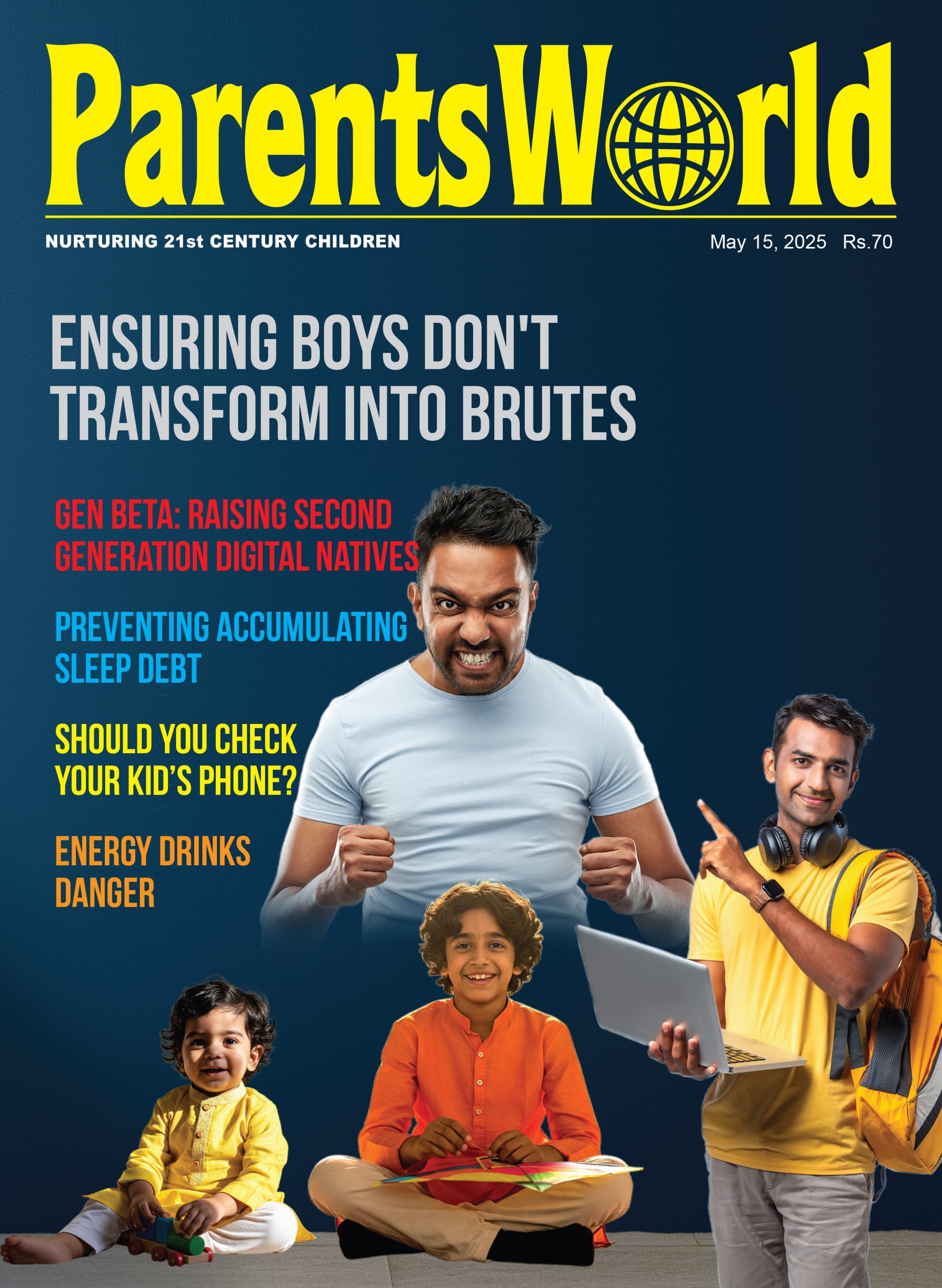New video game acurrately identifies children with autism
A new one-minute video game christened Computerized Assessment of Motor Imitation (CAMI), developed by researchers at Kennedy Krieger Institute, Baltimore (USA) and Nottingham Trent University (UK), can diagnose children with autism from those who have ADHD or are neurotypical. This gaming app leverages motion-tracking technology to detect differences in motor imitation skills.
Researchers surveyed 183 children in the seven-13 age group who were asked to copy the dance-like movements of a video avatar for a minute, followed by their imitation performance being measured using CAMI. The tool correctly identified children with autism from neurotypical children with an 80 percent success rate. CAMI also differentiated autism from ADHD with 70 percent accuracy.
Comments Dr. Stewart Mostofsky, a pediatric neurologist and director of the Center for Neurodevelopmental and Imaging Research at the Kennedy Krieger Institute and co-author of the study: “CAMI is a step forward in how we diagnose autism. Diagnosing autism can be challenging, especially when children have overlapping traits with other conditions like ADHD. If the condition is misdiagnosed, it can impact support and resources for the child.”
Calorie labels negatively impact people with eating disorders
Calorie labels on restaurant menus are negatively impacting people with eating disorders, says a study published in BMJ Public Health (January). This first-of-its-type study led by researchers at King’s College, London found that individuals diagnosed with eating disorders changed their behaviour — such as avoiding restaurants and thinking about eating disorders — when presented with a menu featuring calorie labels.
The study evaluated existing research to conclude that nutritional labels on menus impact people’s eating disorders. “Our study highlights that people with lived experience of eating disorders are frustrated at being left out of conversations around calorie labels. Striking a balance between the positive and harmful impacts of calorie labels on menus is vital in any public health policy. Policymakers should consider the impact on obesity and eating disorders when making decisions about nutrition labelling,” advises senior author Dr. Tom Jewell, lecturer in mental health nursing at King’s College, London.
Bilingualism enhances executive functioning skills of autistic kids
A new study published in the journal Autism Research by researchers of the University of Miami College of Arts and Sciences (USA) reveals that encouraging bilingualism at home can enhance executive functioning skills — critical for tasks such as planning, focusing, and managing multiple activities — for children diagnosed with autism spectrum disorder.
The team of researchers explored the role of bilingualism in 112 children. A key concept that explains these findings is “joint activation” from neuroscience. The bilingual brain is constantly engaged in managing two active languages, often leading to enhanced executive control. “If you have to juggle two languages, you have to suppress one in order to use the other. That inhibition — or the ability to stop yourself from doing something — might be bolstered by knowing two languages. This cognitive exercise helps children better manage tasks and regulate their behaviour, supporting the concept of bilingualism,” says Lucina Uddin, a former university professor and study co-author.
Watching reels at night raises hypertension risk
Arecent study published in the journal BMC Public Health reveals that watching video reels at night increases the risk of hypertension among young adults. The study conducted by researchers of The First Hospital of Hebei Medical University, Shijiazhuang (China), surveyed 4,318 young and middle-aged adult participants.
“The time spent watching short videos at bedtime was significantly associated with hypertension in young and middle-aged people,” say the researchers who called for “strict control of screen time spent watching short videos at bedtime”. In addition, they urged “control of body weight, blood lipids, blood glucose, and uric acid levels, and lifestyle improvement, such as a high-sodium diet,” to reduce the risk of hypertension.






















